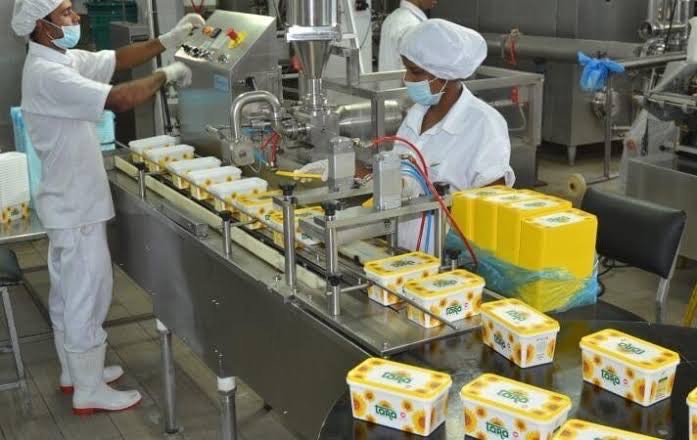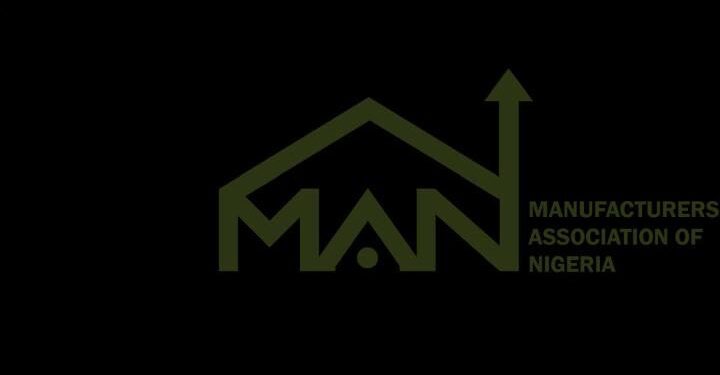By: Amadi Vincent Uzoma
Manufacturers Association of Nigeria (MAN) has, for the umpteenth time, encouraged the Government Government to set up a manufacturers’ bank that will see to the unconventional needs of nearby makers.
President of MAN, Francis Meshioye, who made the plea recently while showing the Manufacturers CEOs Confidence Index 2024, also criticized the declined production levels, a development that has driven to decreased competitiveness of the segment and moo unemployment level.
Meshioye said the manufacturing sector “is an unconventional segment which needs a particular bank like we have for the Bank of Agriculture and the Bank of Industry.”
Explaining that it was troublesome for any manufacturing concern to break even with the current two-digit interest rate, the MAN boss said the commercial banks favored delivering loan facilities to traders as opposed to manufacturers.

He said the commercial banks don’t really get what manufacturing entails, and that’s why they favor giving loans to traders instead of to manufacturers.
“They prefer to station their staff at the trader’s outlet where they would begin recovering their money from daily sales.”
The MAN boss, however, prompted that in case the Federal Government cannot set up a bank for manufacturers, it might establish manufacturers desks in commercial banks with consultants to direct them on the peculiarities of the manufacturing sector and the interventions required to restore the sector in terms of funding.
“The experts will moreover design out modalities for the recovery of the loan.”
In the same vein, the MAN’s Executive of Inquireabout and Advocacy, Oluwasegun Osidipe, while analyzing 2024 MCCI said manufacturers were forced to cut production and jobs in the first quarter of the year due to macroeconomic-related headwinds.
MAN associated this with the lingering effects of rising inflation, escalated energy costs, exchange rate instability, and Customs duty rates.
According to the report, production and distribution costs surged further by 20 percent in the first quarter of 2024 while “capacity utilization declined further by 9.7 percent.

“The volume of generation slid assist by 10.14 percent in Q1 2024 from a withdrawal of 4.6 percent recorded within the past quarter.
“Manufacturing employment further declined by 5.27 percent in Q1 from the 4.46 percent compression recorded within the going before quarter.”
Sales volume also fell 7.16 percent within the first quarter of the year, compared to the 1.6 percent decline seen within the past quarter.
Meshioye’s report highlights the damaging effects of forex volatility, inflation, and energy instability on the manufacturing sector in Nigeria.

He censured the declined production levels, an improvement that led to diminished competitiveness of the segment, encouraging the government to address the cost-push components driving inflation and also fast-track the recapitalization of the banks.
“Undoubtedly, the manufacturing sector remains the foremost feasible driver of consistent economic growth, the influx of outside trade, and persevering shared success.
“MAN is in this manner expectant that the government will intentionally organize the manufacturing sector by implementing the sector-specific suggestions contained in this report and providing the required approach bolster and incentives.
“This is the surest way of patching up the segment and repositioning the economy towards sustainable development and development.”
Producers have remained vocal about their failure to work at ideal capacity due to different challenges confronting the economy.
In Walk, the association said 767 producers closed down operations whereas 335 became bothered in 2023, leading to a higher unemployment rate.

































